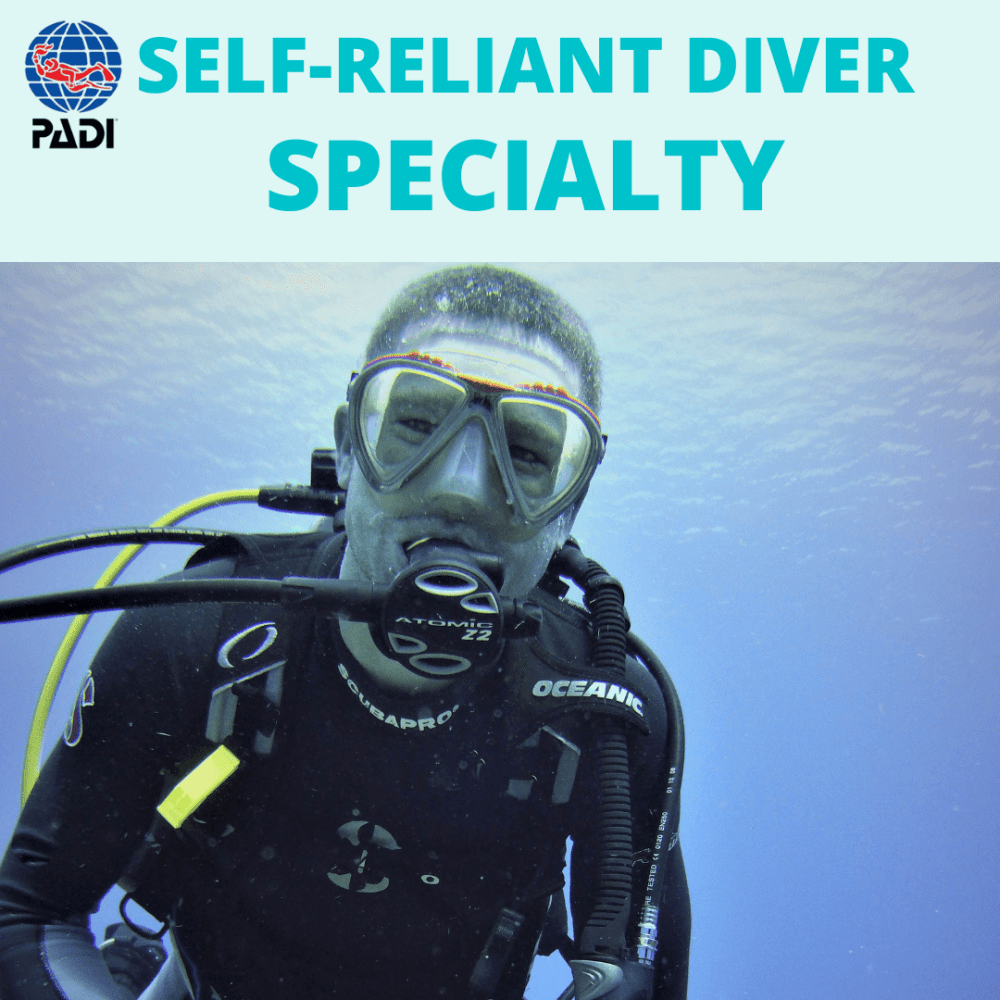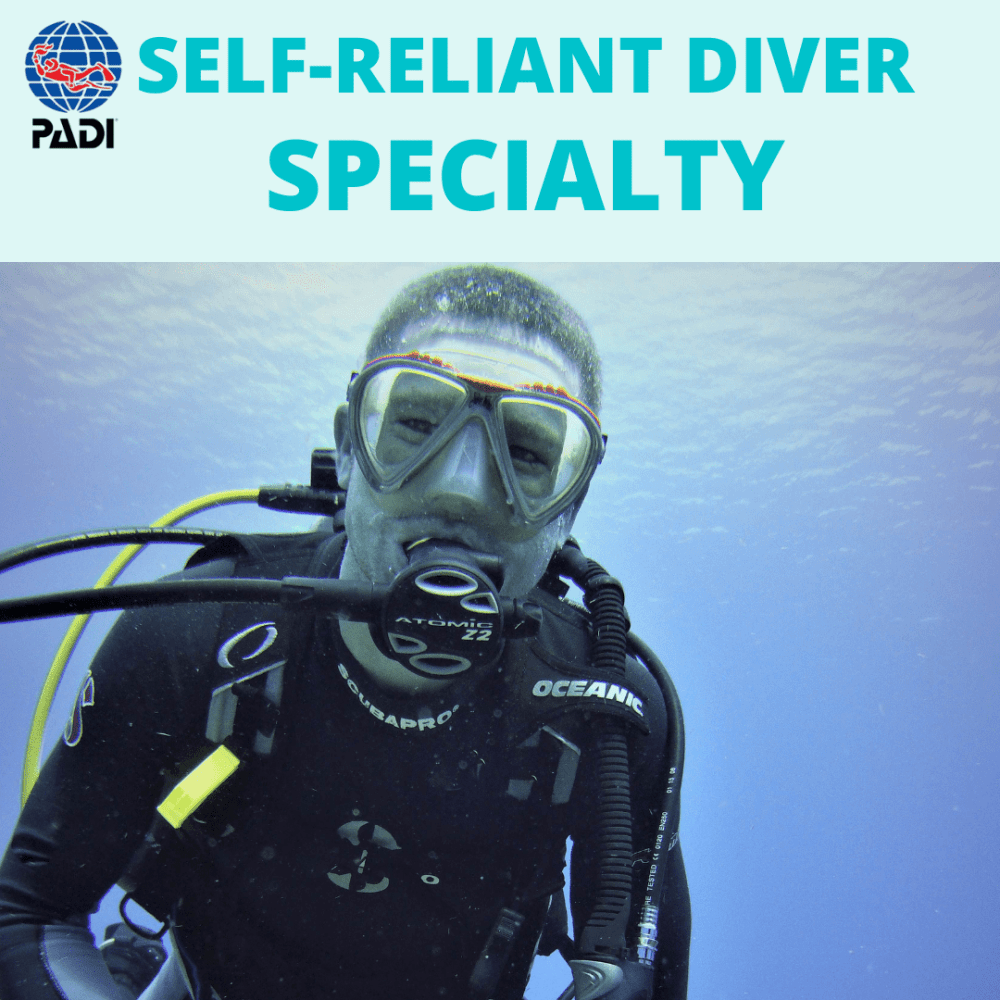
More Information
Require additional assistance or interested in learning more about our comprehensive training offerings? Feel free to reach out to us by dropping a note, and our experienced dive instructors will be delighted to assist you every step of the way. Whether you're seeking to start your dive journey or exploring more opportunities, we're here to help you dive deeper into your diving journey.

